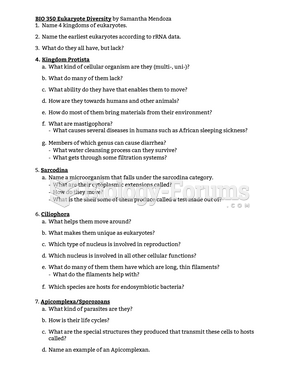|
|
|
ACTH levels are normally highest in the early morning (between 6 and 8 A.M.) and lowest in the evening (between 6 and 11 P.M.). Therefore, a doctor who suspects abnormal levels looks for low ACTH in the morning and high ACTH in the evening.
When taking monoamine oxidase inhibitors, people should avoid a variety of foods, which include alcoholic beverages, bean curd, broad (fava) bean pods, cheese, fish, ginseng, protein extracts, meat, sauerkraut, shrimp paste, soups, and yeast.
To maintain good kidney function, you should drink at least 3 quarts of water daily. Water dilutes urine and helps prevent concentrations of salts and minerals that can lead to kidney stone formation. Chronic dehydration is a major contributor to the development of kidney stones.
Vaccines cause herd immunity. If the majority of people in a community have been vaccinated against a disease, an unvaccinated person is less likely to get the disease since others are less likely to become sick from it and spread the disease.
Lower drug doses for elderly patients should be used first, with titrations of the dose as tolerated to prevent unwanted drug-related pharmacodynamic effects.
 (a) The Dmanisi cranium (right) shows similarities to early African H. erectus including the Narioko
(a) The Dmanisi cranium (right) shows similarities to early African H. erectus including the Narioko
 The Masses, a leading Socialist magazine, featured drawings by artists, including John Sloan, as wel
The Masses, a leading Socialist magazine, featured drawings by artists, including John Sloan, as wel
 This photo captures an extreme form of family socialization. The father seems to be more emotionally ...
This photo captures an extreme form of family socialization. The father seems to be more emotionally ...




